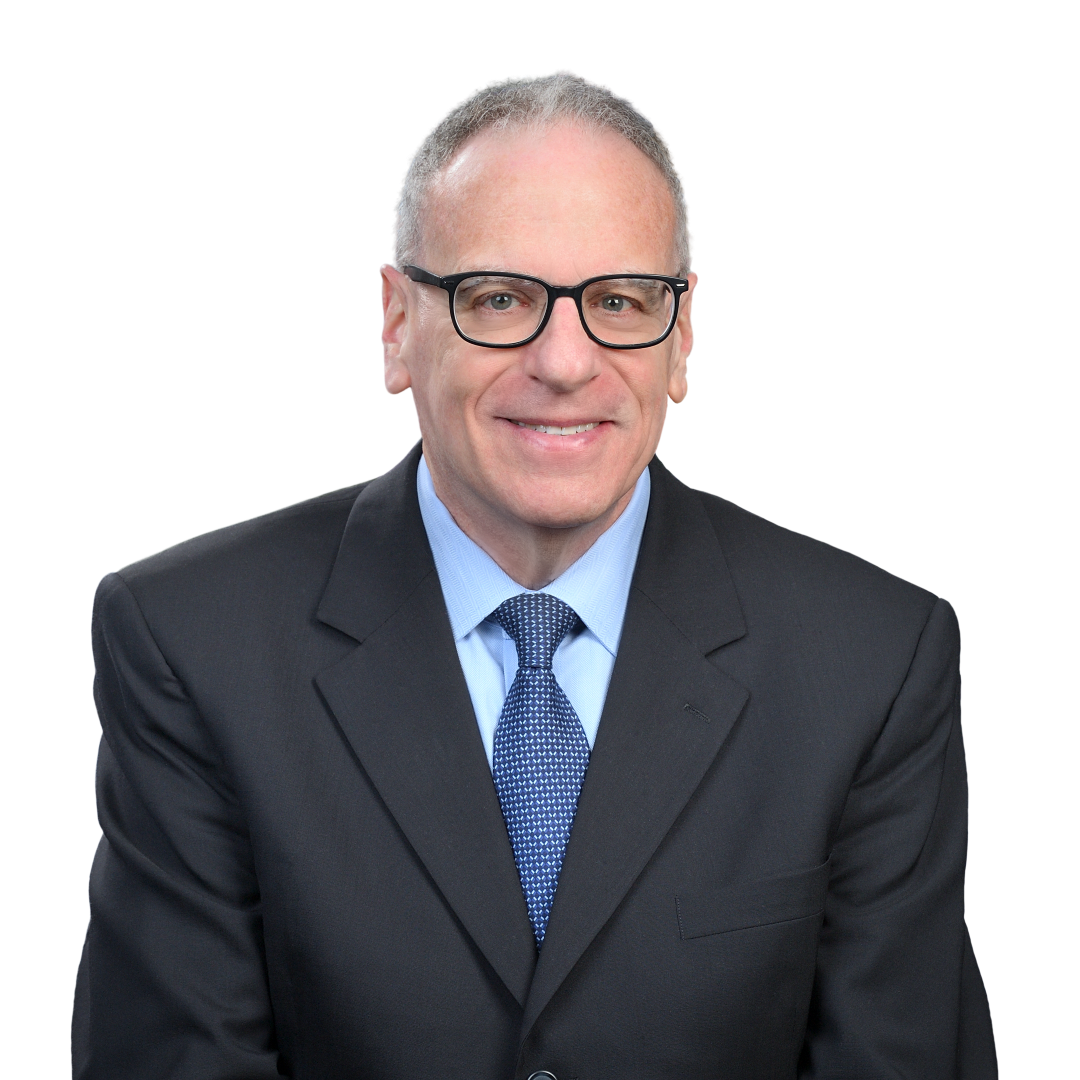Assemblyman Dinowitz Holds Statewide Hearing on Co-occurring Disorders
Assemblyman Jeffrey Dinowitz, the Chair of the State Assembly Alcoholism and Drug Abuse Committee, along with the Committee on Mental Health, Mental Retardation and Developmental Disabilities recently held a hearing on the problem of co-occurring disorders. Its purpose was to solicit testimony from stakeholders, for the purpose of assessing the needs of persons suffering from co-occurring disorders, ascertaining if the services available to such persons meet those needs, and determining if New York State needs to take action to improve services.
According to The Substance Abuse and Mental Health Services Administration (SAMHSA), co-occurring disorders of mental illness and substance abuse affect from 7 to 10 million adults in the U.S. each year. Studies have also revealed that nearly 43% of youth receiving mental health services in the United States have been diagnosed with a co-occurring disorder. People with co-occurring disorders are at high risk for many other problems, including homelessness, criminal involvement, suicide, vulnerability to trauma and violence, relapse and hospitalization.
Regrettably, some New Yorkers suffering from co-occurring disorders of substance abuse and mental illness fall through the cracks in the treatment system and don't get the care they require. While there is disagreement as to why this occurs, one thing appears certain - patients who suffer from both mental illness and addiction or who have multiple addictions deserve the same kind of comprehensive care that would be considered routine for cancer patients with pneumonia, or diabetic patients with glaucoma.
Those who testified at the hearing included representatives from New York State chapter of the National Alliance for the Mentally Ill, the New York City Dept. of Health and Mental Hygiene, the NYS Association of Alcoholism and Substance Abuse Providers, VIP Community Services, the Lower Eastside Service Center, the Mental Health Association of NYC and Westchester, the Coalition of Voluntary Mental Health Agencies, the Institute for Community Living, and Housing Works.
"The witnesses made it abundantly clear that treatment for persons suffering from co-occurring disorders greatly improves their ability to function in the community, reduces their incidence of chemical abuse, and decreases their need for mental health services. According to many of the experts who testified, the most effective treatment for persons suffering from co-occurring disorders is referred to as 'integrated treatment’ As the name implies, this treatment modality combines substance abuse and mental health care into a cohesive whole that can best serve the numerous needs of the client, instead of the traditional divided and often uncoordinated treatment systems," said Dinowitz.
It was also made clear that if the availability of integrated treatment is to become more widespread, training of substance abuse and mental health providers must be geared toward serving clients with co-occurring disorders. Another issue that was raised during the hearing was the need for concerted screening for co-occurring disorders in both the mental health and substance abuse treatment systems, as well as in the criminal justice, education, child welfare and primary healthcare systems. This would help prevent persons with co-occurring disorders from falling through the cracks and suffering needlessly.
